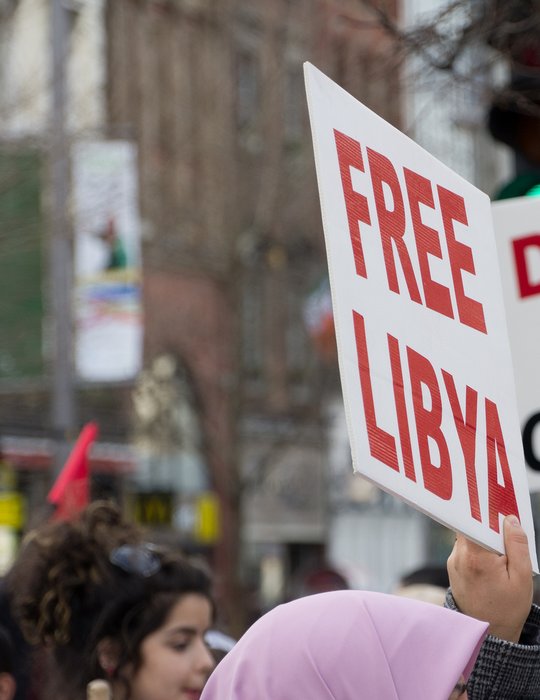
Association
On 3rd April 2023 the The Human Rights Council interactive dialogue session with the Independent Fact-Finding Mission on Libya highlighted the serious conerns on the continued crackdown on civil society. The discussions revealed the shrinking civic space and continuation of violations including arrests and acts of intimidation infringing on the freedom of civil society actors, in particular Libyan activists and non-governmental organizations.
The session follows developments from 13th March 2023, when the Director of the Department of Foreign Affairs and International Cooperation at the Office of the Prime Minister for the Government of National Unity (GNU) in Libya issued circular no. 5803 effectively instructing Libya’s Civil Society Commission to revoke the licenses given to all non-governmental organisations (NGOs) established since 2011.
Activists and civil society organisations opposed the decision and 22 organisations issued a joint advocacy statement in which they considered the circular to be “the latest episode in a series of attacks on civil society in Libya.” They stated it would “make all civil society organizations illegal, ultimately shutting off the entire civil space in Libya.”
In addition to joint advocacy efforts of local civil society actors, human rights groups such as HRW issued statement indicating severe restrictions and noting in part:
“Libyan authorities are crushing civic space using the tired pretext of enforcing regulations... The authorities should instead be protecting that space by upholding the right to freedom of association.”
On 21st March 2023, Prime Minister Dbaiba issued ministerial Circular no. 7 allowing the continuation of the work of local and international NGOs provided they regularise their status under Law 19 through the procedures approved by the Committee for the Study of the Registration of Civil Associations that was established on 19th February 2023 under decree 138.
In their joint statement Libyan civil society actors note that the Libyan authorities have yet to publish clear and concrete guidelines for the committee’s activity as well as the committee’s critical mandate as final decision-maker in approving or rejecting NGO registration requests, criteria for selecting qualified and independent members to this committee have yet to be published. Their calls for an enabling environment include;
- Repeal all repressive laws and regulations intended to impede CSOs and their activities in Libya;
- Until the new House of representative enacts a new NGO law, the GNU must, through consultations with CSOs, issue a decree that is in compliance with international legal standards to regulate the work of CSOs;
- Ensure all forms of abuse including threats and reprisals against CSOs and human rights defenders are investigated and that those responsible for such abuses are held accountable;
- Ensure the full protection of the human rights defenders to enable them to pursue their work and activities in Libya;
- Take urgent measures to halt the systematic media campaigns which incite hate and violence against human rights defenders and CSOs.
- Ensure that the CSC is a separate body operating independently, with its own budget, to guarantee that its work will not be subject to interference from political authorities, central intelligence forces or the security sector, including armed groups and militias.